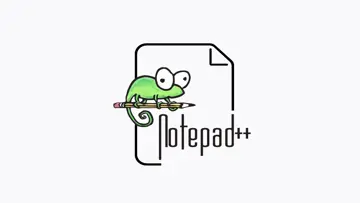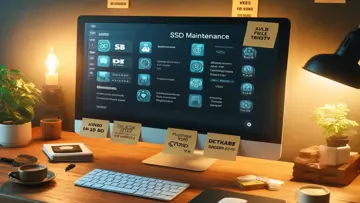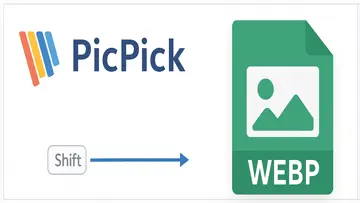1.6.0 Сейф для установки
The Code of Criminal Procedure (CrPC) is a significant legal framework governing the procedural aspects of criminal law administration in India. Enacted in 1973 and enforced on April 1, 1974, it establishes the procedures for investigating crimes, apprehending suspects, collecting evidence, determining the guilt or innocence of accused individuals, and deciding the appropriate punishment. Additionally, it addresses public nuisance, offense prevention, and the maintenance of family members.
Currently, the Act comprises 484 Sections, 2 Schedules, and 56 Forms, with the Sections categorized into 37 Chapters.
History:
In medieval India, following the Muslim conquest, Mohammedan Criminal Law became prominent. The British regime introduced the Regulating Act of 1773 which led to the establishment of Supreme Courts in Calcutta, Madras, and Bombay. These courts applied British procedural law to cases involving British subjects. After the 1857 Rebellion, British Crown took control in India. The Criminal Procedure Code of 1861 was enacted by the British parliament. This code continued post-independence and underwent revisions in 1969 before being replaced in 1972.
Classification of Offenses under the Code:
Cognizable and Non-cognizable Offenses
Cognizable offenses permit police officers to arrest individuals without a warrant as listed in the first schedule of the code. For non-cognizable offenses, officers must first obtain a warrant before making an arrest. Typically, non-cognizable offenses are less severe compared to cognizable ones. Reporting of Cognizable Offenses is under Section 154 Cr.P.C while Non-Cognizable Offenses are reported under Section 155 Cr.P.C. The Magistrate has authority to handle Non-Cognizable Offenses under Section 190 Cr.P.C. Additionally, under Section 156(3) Cr.P.C., Magistrates can direct police to register cases, conduct investigations, and provide challans/reports for court proceedings.
Summons-Case and Warrant-Case
Section 204 of the code prescribes that Magistrates issuing summons for accused individuals for attendance pertain to summons cases. However, for warrant cases (relating to capital punishment or imprisonments exceeding two years), Magistrates have the discretion to issue warrants or summons as deemed appropriate according to Sections 2(w) and 2(x) of the Code.
Обзор
CrPC 1973 in English — это Бесплатное ПО программное обеспечение в категории Образование, разработанное Mohit Agarwal.
Последняя версия CrPC 1973 in English-1.6.0, выпущенный на 26.04.2024. Первоначально он был добавлен в нашу базу данных на 26.04.2024.
CrPC 1973 in English работает на следующих операционных системах: iOS.
Пользователи CrPC 1973 in English дал ему Рейтинг 5 из 5 звезд.
Родственный
AIM HIGH Tips
This app is designed to provide guidance to teenagers seeking inspiration for their personal growth. Featuring 101 insightful tips, AIM HIGH! aims to contribute to your overall well-being and character development.Constitution of India My Guide
The application provides a comprehensive and organized presentation of the entire Constitution of India, available in both English and Hindi.PPC Pakistan Penal Code 1860
The application offers a comprehensive and current compilation of articles and chapters from the Pakistan Penal Code (PPC) 1860.Thirukural Daily
Tirukkural, also known as “Sacred Couplets,” is considered the most celebrated of the Patiren-kirkkanakku (“Eighteen Ethical Works”) in Tamil literature.Последние обзоры
|
|
Kodi
Раскройте весь потенциал своих медиа с Kodi |
|
|
GOM Media Player
GOM Media Player: универсальный мультимедийный плеер для любых ваших потребностей |
|
|
Canon G2000 series MP Drivers
Эффективные драйверы принтеров для Canon серии G2000 |
|
smadav85
Улучшите защиту вашего ПК с помощью Smadav85! |
|
|
AJC Active Backup
Надежное решение для резервного копирования для душевного спокойствия |
|
|
Virtual Modem
Простое подключение к виртуальному модему от FabulaTech, Inc. |
|
|
UpdateStar Premium Edition
Обновлять программное обеспечение еще никогда не было так просто с UpdateStar Premium Edition! |
|
|
Microsoft Edge
Новый стандарт в просмотре веб-страниц |
|
|
Microsoft Visual C++ 2015 Redistributable Package
Повысьте производительность системы с помощью распространяемого пакета Microsoft Visual C++ 2015! |
|
|
Google Chrome
Быстрый и универсальный веб-браузер |
|
|
Microsoft Visual C++ 2010 Redistributable
Необходимый компонент для запуска приложений Visual C++ |
|
|
Microsoft Update Health Tools
Средства обновления работоспособности Майкрософт: убедитесь, что ваша система всегда обновлена! |









